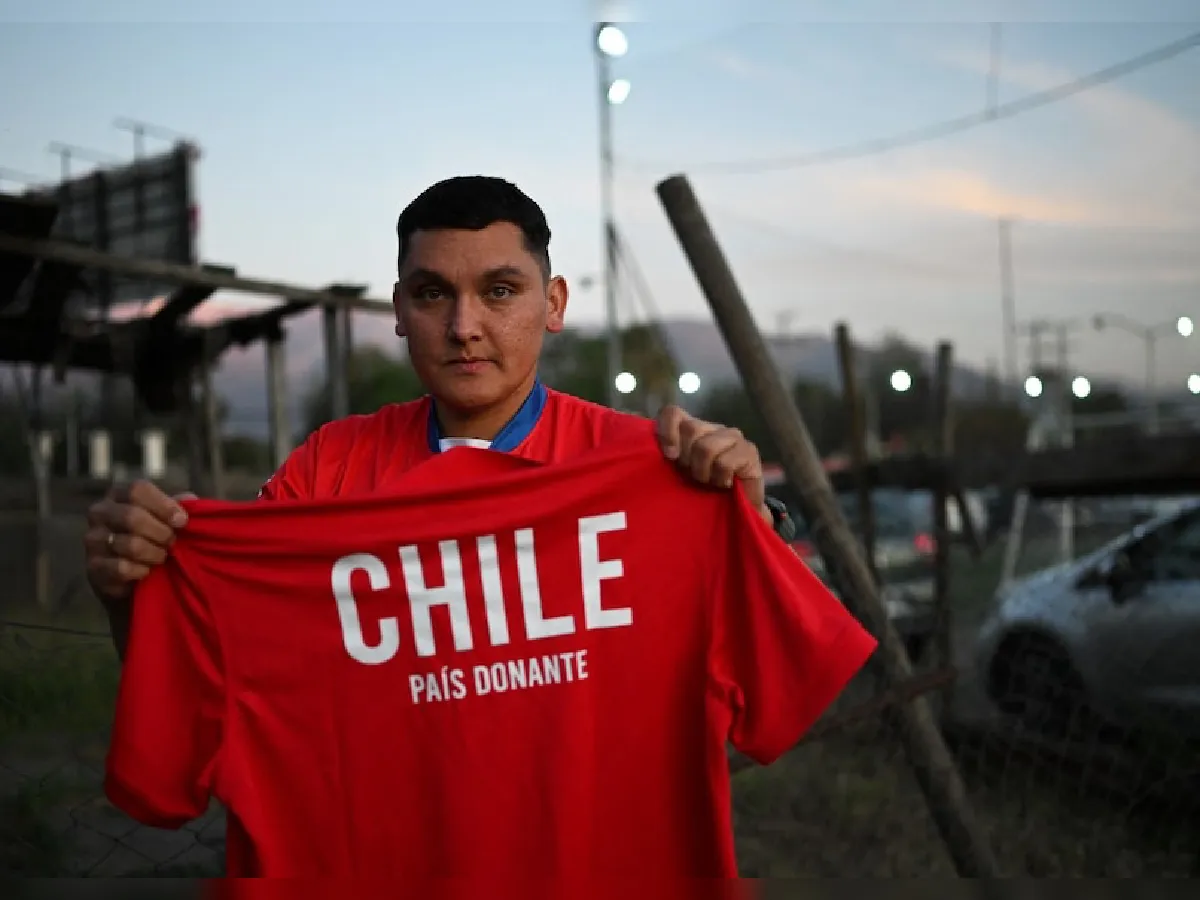With his team’s 5-1 victory over Spain, Hector Sanchez could legitimately call himself an international football champion, albeit not in the way he envisioned as a boy. Doctors had long advised the Chilean automobile salesperson not to play sports after he was diagnosed with a liver condition in his childhood. Then, after two liver transplants and a squad of 20 other organ donor recipients, Sanchez won the Transplant Football World Cup in September.
“If it wasn’t for the transplant, I wouldn’t be here,” he told AFP during a recent charity match in Chile’s capital, Santiago. It is an opportunity he wants to share with others. And while the Chilean squad won the World Cup, Despite progressive legislation addressing the issue, organ donation rates remain low. Sanchez, 31, believes that advocating organ donation via athletics is the best way to pay forward his “second chance at life.”
Legal reforms are not enough.
In 2010, reforms aimed at boosting organ donation amended the legislation so that all people are presumed donors unless they deliberately opt out. However, many people continue to refuse, with Chile’s transplant rate of 10 per 1 million persons being nearly half that of regional leader Uruguay (19.7 per million).
The European Union’s donor rate is 20.9 per million, with world leader Spain at 48.9.
Part of the problem stems from the law: in Chile, only brain-dead individuals are suitable donors, whereas, in Spain, organ donations can be obtained from recently deceased people, such as those who die suddenly after a heart attack.
A different component of the puzzle includes culture, with families frequently denying permission for doctors to take viable organs for transplantation from loved ones who have passed away. “There are many people who suspect (the corpse) will have its eyes gouged out,” said Ruth Leiva, the chief of San Jose Hospital’s transplant program.

